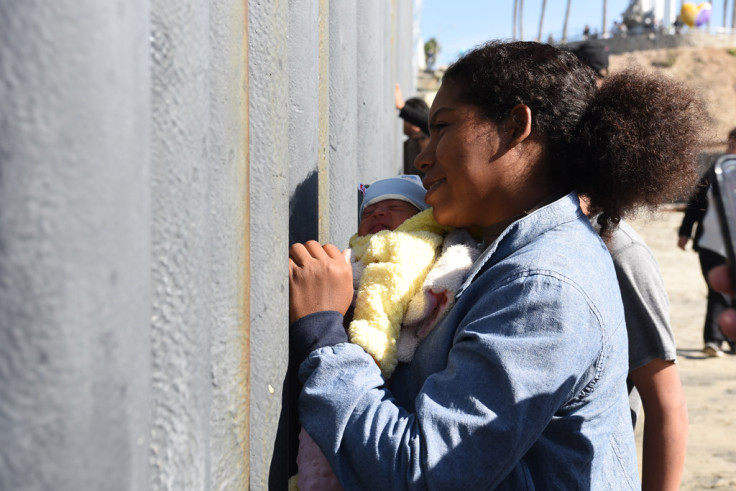
The authorities in Mexico's Juarez have decided to convert the Kiki Romero gym, which was repurposed into a migrant shelter in 2019, into a facility to keep young people away from drugs, idleness and crime, as the city has been witnessing a fall in asylum-seekers coming to the border.
The migrant shelter, originally converted in 2019, has accommodated over 30,000 people. However, Mayor Cruz Perez Cuellar confirmed that the shelter will be repurposed to be used by the whole community, and not just migrants.
"I am very enthusiastic about the rescue of Kiki Romero Gym. We are going to invest a lot of money to have basketball and boxing and return this space to the young people of Colonia Azteca," he said, Border Report mentioned.
The shelter accommodates up to 135 migrants on bunk beds, but it has been mostly empty since June 4. The number of asylum-seekers started to decline after the White House ordered to limit asylum to those with appointments at official entry points.
Human Rights Office Director Santiago Gonzalez Reyes said, "Obviously, all the people at Kiki Romero will be moved to the new facilities. We don't know how many because migration trends fluctuate."
In July, the U.S. Border Patrol caught 11,615 migrants between entry points in the El Paso area. Most were Mexican nationals looking for temporary jobs in the U.S., and not asylum. This was a big drop compared to 23,478 migrants in May and 30,397 in April.
Cuellar said the city's child and family protection agency, DIF, is fixing up three family centers to take in migrant families and children, who arrive alone. They also plan to build a new facility for women and another for single men in the upcoming months.
The mayor said the Mexican federal government was funding all of this with a $10 million grant, and revealed the gym will stop being a shelter before the end of the year to make way for construction. The new shelter will be able to accommodate up to 300 migrants.
Cuellar said the new family centers will have spaces for learning, workshops and possibly libraries. The women's and family centers will also offer programs to help guests become self-sufficient.
Last year, Mexico and the U.S. agreed to ensure that the migrants present at the border cities were deported to their home countries, considering the surge in border crossing at that time.
© 2025 Latin Times. All rights reserved. Do not reproduce without permission.







